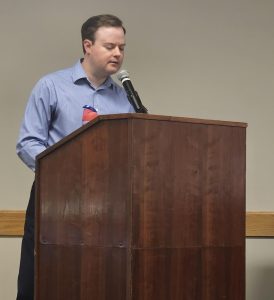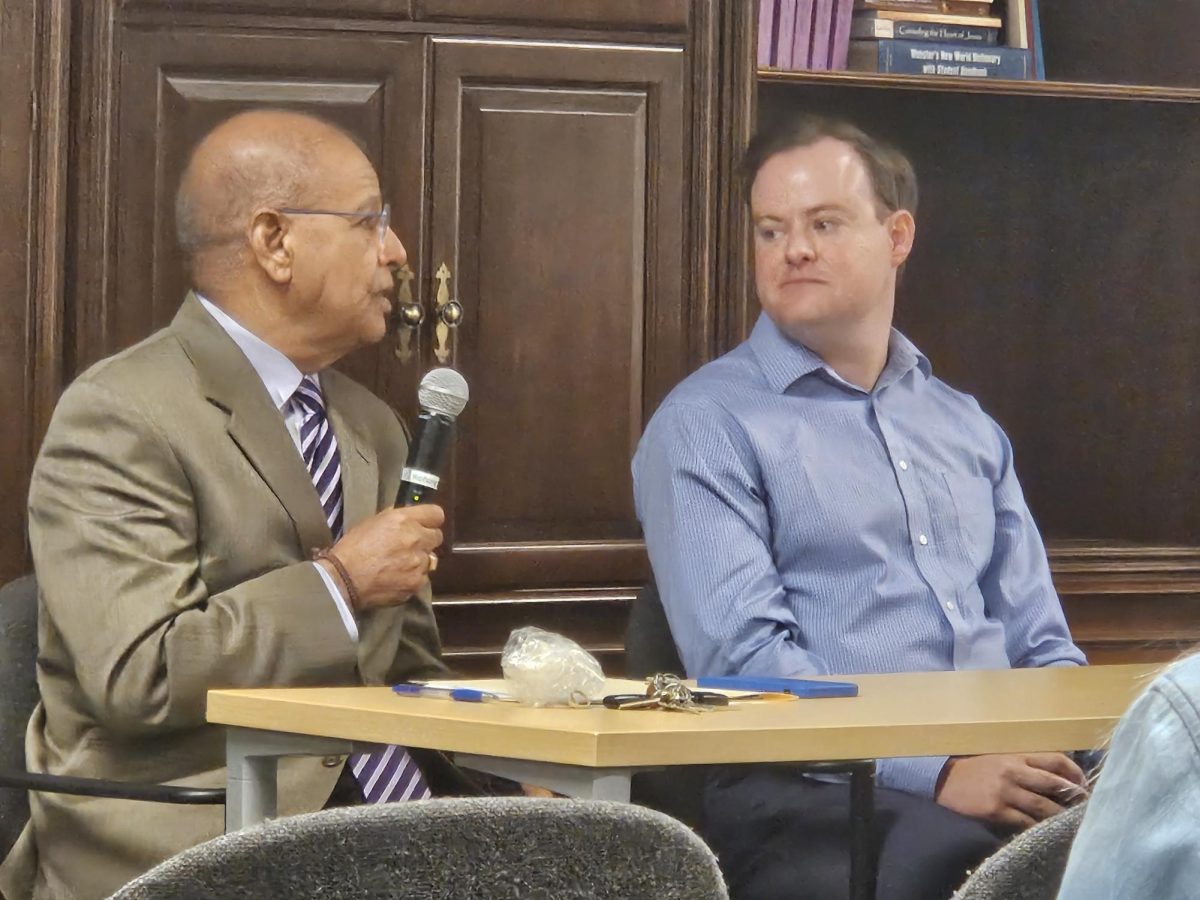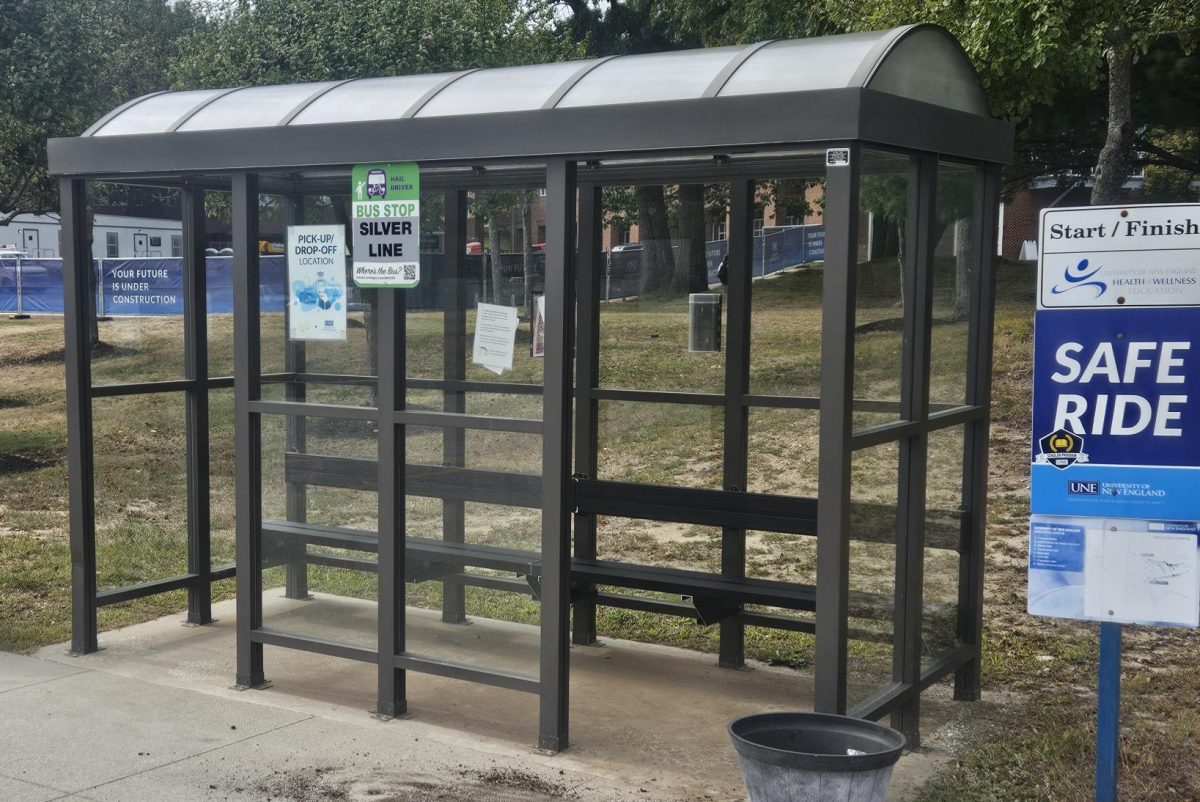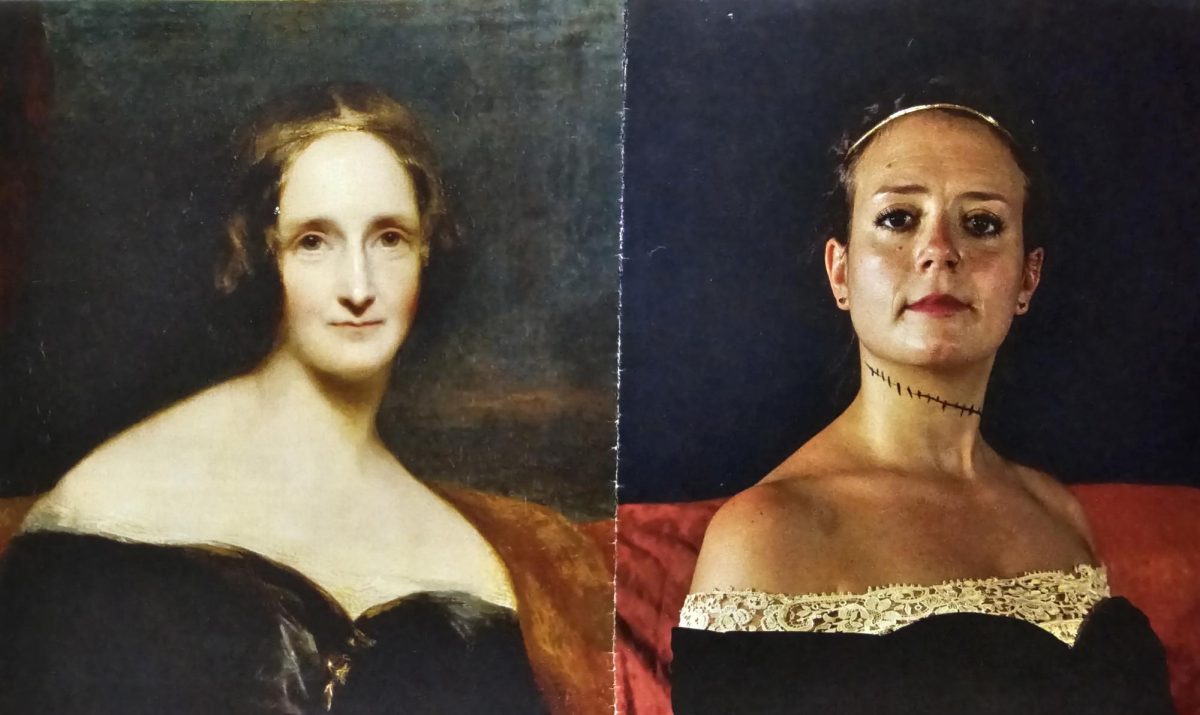The recent history of the United States Supreme Court has led to a large amount of controversy surrounding the court’s role in government, its relationship with the presidency, and issues of partisanship. Assistant professor of criminology at UNE Dr. Ryan J. Williams provides some much needed perspective on the history of the court and the current state of affairs.
On September 17, the University of New England’s Biddeford campus celebrated Constitution Day with a special lecture by Dr. Williams on the Supreme Court and the concept of an “imperial presidency.” Dr. Ali Ahmida, the founder of UNE’s political science program, introduced the event which was followed by an open discussion.
Constitution Day is a federal holiday where all publicly funded learning institutions must provide some form of education about the history of America’s founding document. While most schools provide the minimum required by the government, Dr. Ahmida noted in his introduction that UNE tries to make Constitution Day a special event where students and faculty can engage in thoughtful discussion.
Dr. Williams began his talk by referring to a number of controversial decisions by the Supreme Court within the last 14 months such as giving the president immunity from criminal prosecution for official acts, the allowance of mass federal layoffs by the president, or the allowance of ICE to arrest people based on the language they speak. According to Williams, the current court is significantly more partisan and significantly more aggressive than past courts.

Historically, the presidency has not played the role of the center of the government. With the separation of powers and system of checks and balances enshrined in the Constitution, the president was rather restricted in what they could do. Over time, particularly after World War II according to Williams, the president’s powers have grown. “The president has become more powerful than what was intended or even imagined by the framers,” says Williams in his lecture.
Dr. Williams says that the rise of the unitary executive theory, a legal theory that believes the president has all of the powers of the executive branch rather than just some, coincides with increasing partisanship within the court. The current court, says Williams, is 30 percent more likely to vote along party lines than previous courts. This can be reflected in the acceptance of emergency applications, also called the shadow docket. Under the current court, 53 percent of President Joe Biden’s applications were granted in comparison with the 84 percent of the current administration’s applications.
Williams believes the Supreme Court is more and more taking an ideological stand and deciding policy themselves. “This talk could have easily been called ‘The Presidency and the Imperial Court,’” he remarks.
The lecture was streamed live
to the UNE website and will be posted to the university’s YouTube channel.









